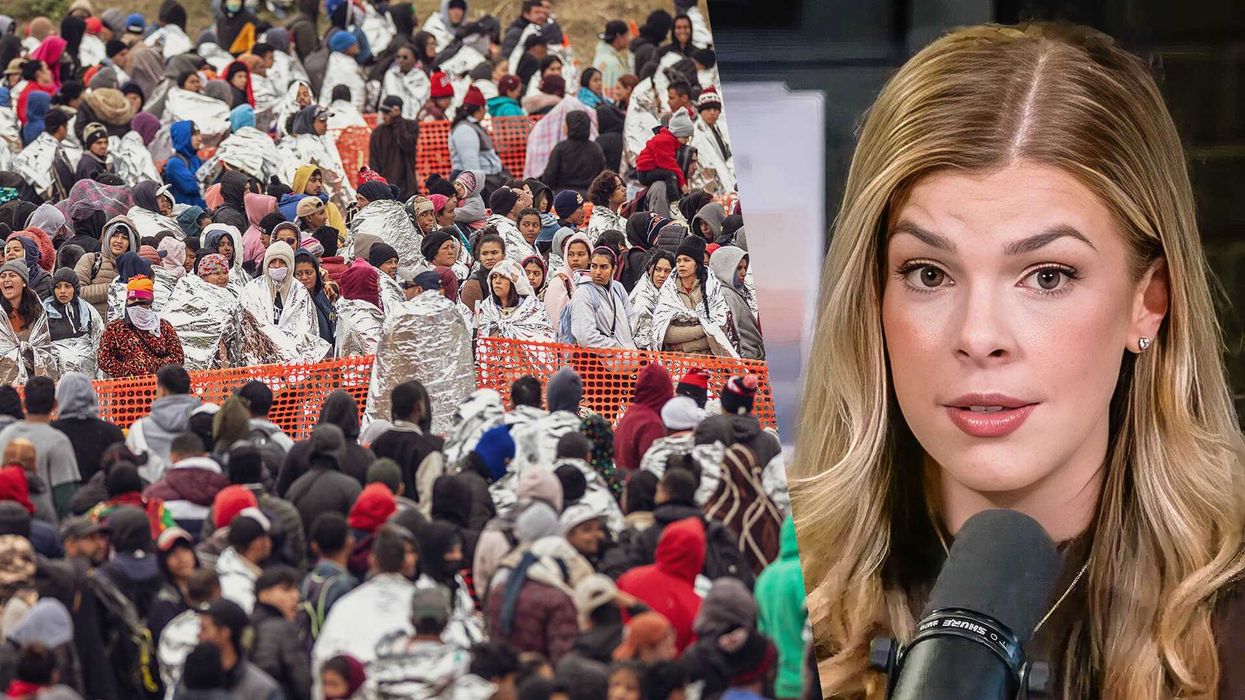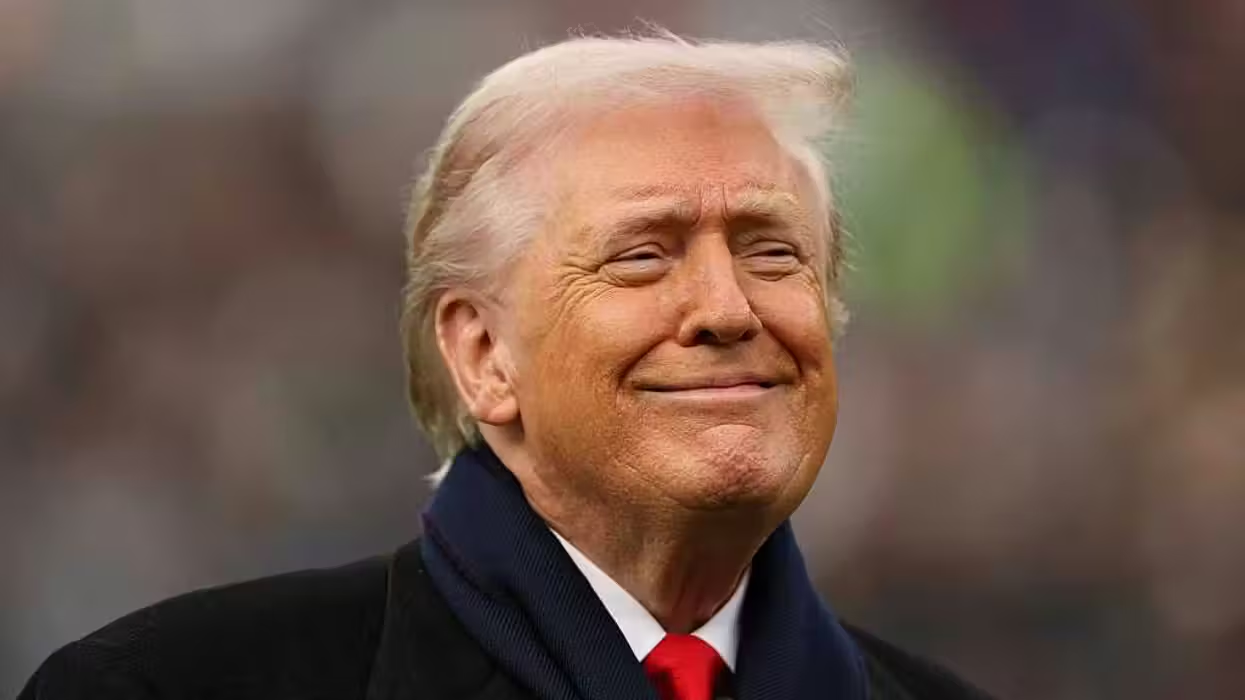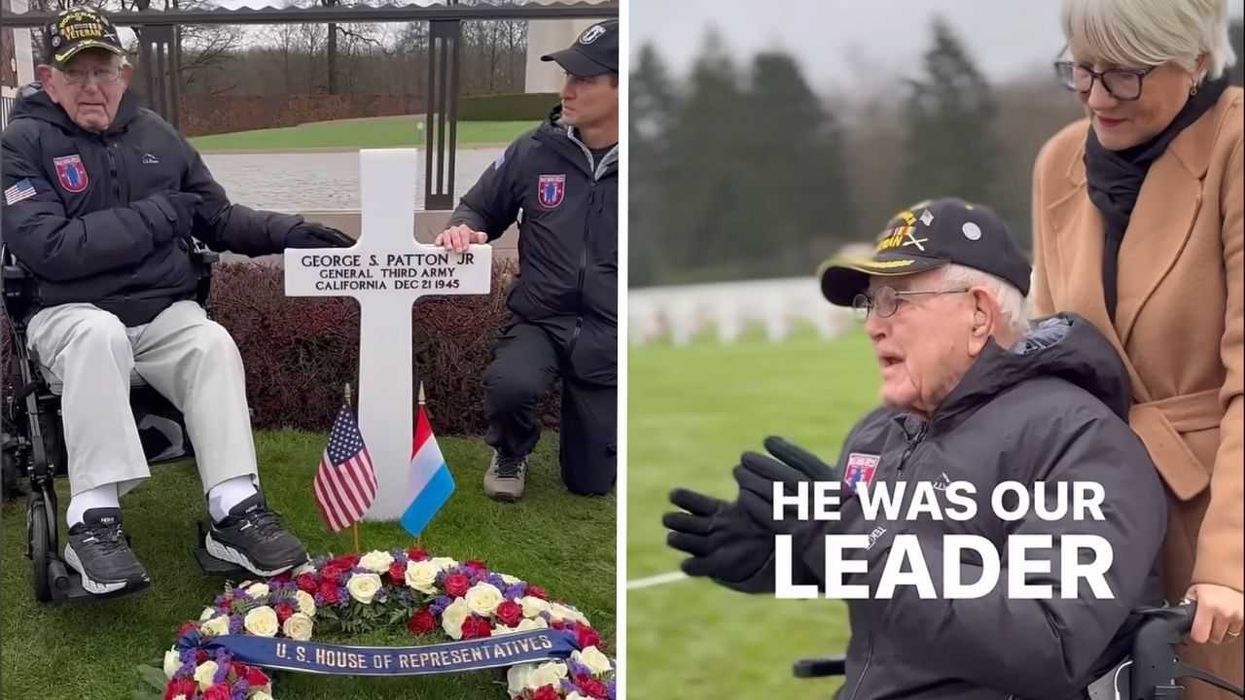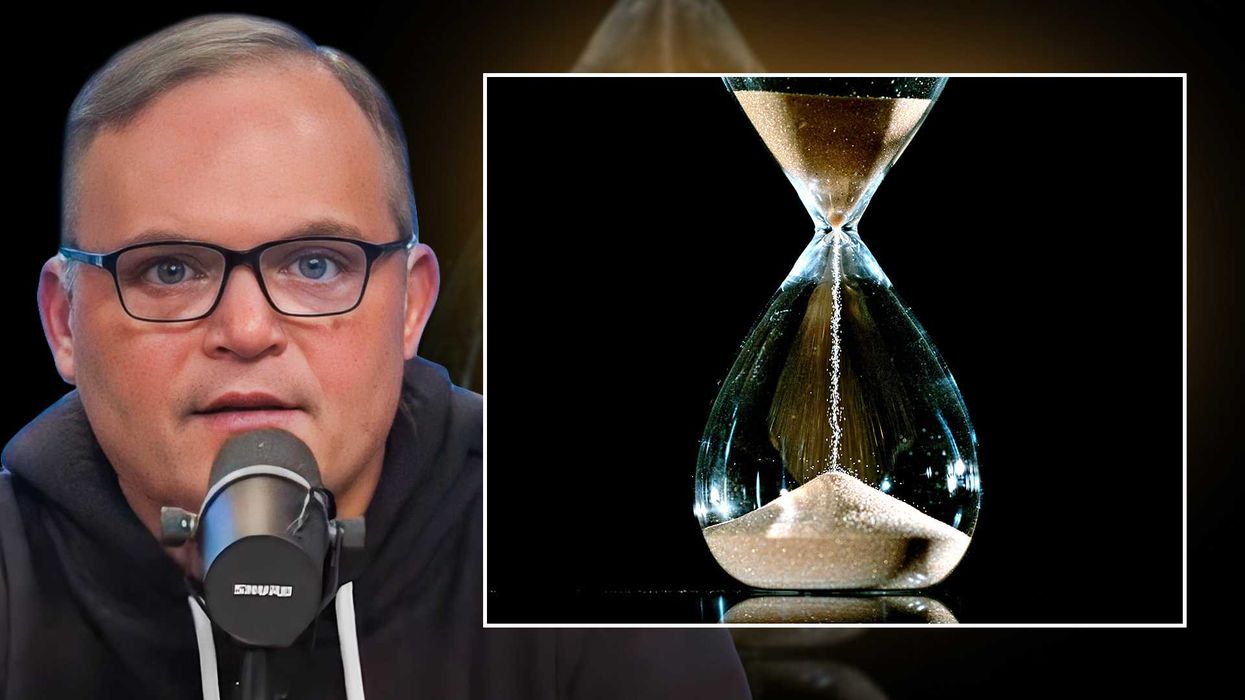© 2026 Blaze Media LLC. All rights reserved.
Jewish Iraqis May Be in Danger Following the Release of WikiLeaks Cables
October 11, 2011
"Why should we go? If they kill us, we will die here."

Rev. Canon Andrew White, an Anglican priest located in Baghdad, Iraq, says that he's working with the U.S. Embassy there to try and convince a number of Jews who still live in the region to vacate. White believes that these individuals may be in danger after their names appeared in cables that were published by Wikileaks last month.
But convincing them to leave has been an extremely difficult task. White explains that he originally approached them directly following the publication of the cables, but that only one has agreed to emigrate to the United States. White explains the situation:
"Most want to stay. The older ones are refusing to leave. They say: 'We're Iraqis. Why should we go? If they kill us, we will die here.'"
While many would wonder what's causing these Jews to double down in their insistence that they stay in their homeland, it's important to consider this minority group's history in the region. The Miami Herald reports:
If White persuades Baghdad's remaining Jews to leave it will mark the end of a 2,700-year presence that dates to the Assyrian conquest of the Judean Kingdom.By the time U.S. forces invaded Iraq in March 2003, Baghdad's Jewish community, which had numbered about 130,000 in the 1950s before most fled to Israel, was down to about 35 members.
 As time goes on, though, this tiny group has continued to dwindle. Even Emad Levi, who was the group's kosher slaughterer, undertaker, lay rabbi and spokesperson, has left for Israel. As a result, the sect's synagogue is even shuttered.
As time goes on, though, this tiny group has continued to dwindle. Even Emad Levi, who was the group's kosher slaughterer, undertaker, lay rabbi and spokesperson, has left for Israel. As a result, the sect's synagogue is even shuttered.
The U.S. has essentially offered to help relocate the Jews and has pledged to protect them, as their names were prominently displayed by Wikileaks. In a statement, embassy officials wrote:
"Protecting individuals whose safety is at risk because of the release of the purported cables remains a priority. We are working actively to ensure that they remain safe.Releasing the names of individuals cited in conversations that took place in confidence potentially puts their lives or careers at risk."
YNetNews.com has more about the contents of the cables:
One of the cables, MCT reported, recounts the deteriorating conditions one member of the community said Jews faced after US troops toppled Saddam Hussein in 2003, primarily because of the rise of al-Qaeda in Iraq. [...]"The Jews of Iraq do not appear likely to share in Iraq's future as a nation," the writer said. "They have no children, and cannot contribute culturally or even materially while unable to participate freely in Iraq's public life.
"They remain in Iraq, but not of it, hiding at the center of a country whose majority may, one day, welcome them again, but does not accept them at present."
WikiLeaks has not responded to the embassy's statements. The cables didn't only name the men; they also provided biographical information that could potentially be used to locate them. Levi was reached in Israel, where he said that the remaining Jews are "afraid" and that they "don't like to talk to anyone." White agreed and reiterated this same information.
(H/T: Miami Herald)
Want to leave a tip?
We answer to you. Help keep our content free of advertisers and big tech censorship by leaving a tip today.
Want to join the conversation?
Already a subscriber?
Billy Hallowell is a digital TV host and interviewer for Faithwire and CBN News and the co-host of CBN’s "Quick Start Podcast."
Billy Hallowell
Billy Hallowell is a digital TV host and interviewer for Faithwire and CBN News and the co-host of CBN’s "Quick Start Podcast."
more stories
Sign up for the Blaze newsletter
By signing up, you agree to our Privacy Policy and Terms of Use, and agree to receive content that may sometimes include advertisements. You may opt out at any time.
Related Content
© 2026 Blaze Media LLC. All rights reserved.
Get the stories that matter most delivered directly to your inbox.
By signing up, you agree to our Privacy Policy and Terms of Use, and agree to receive content that may sometimes include advertisements. You may opt out at any time.






